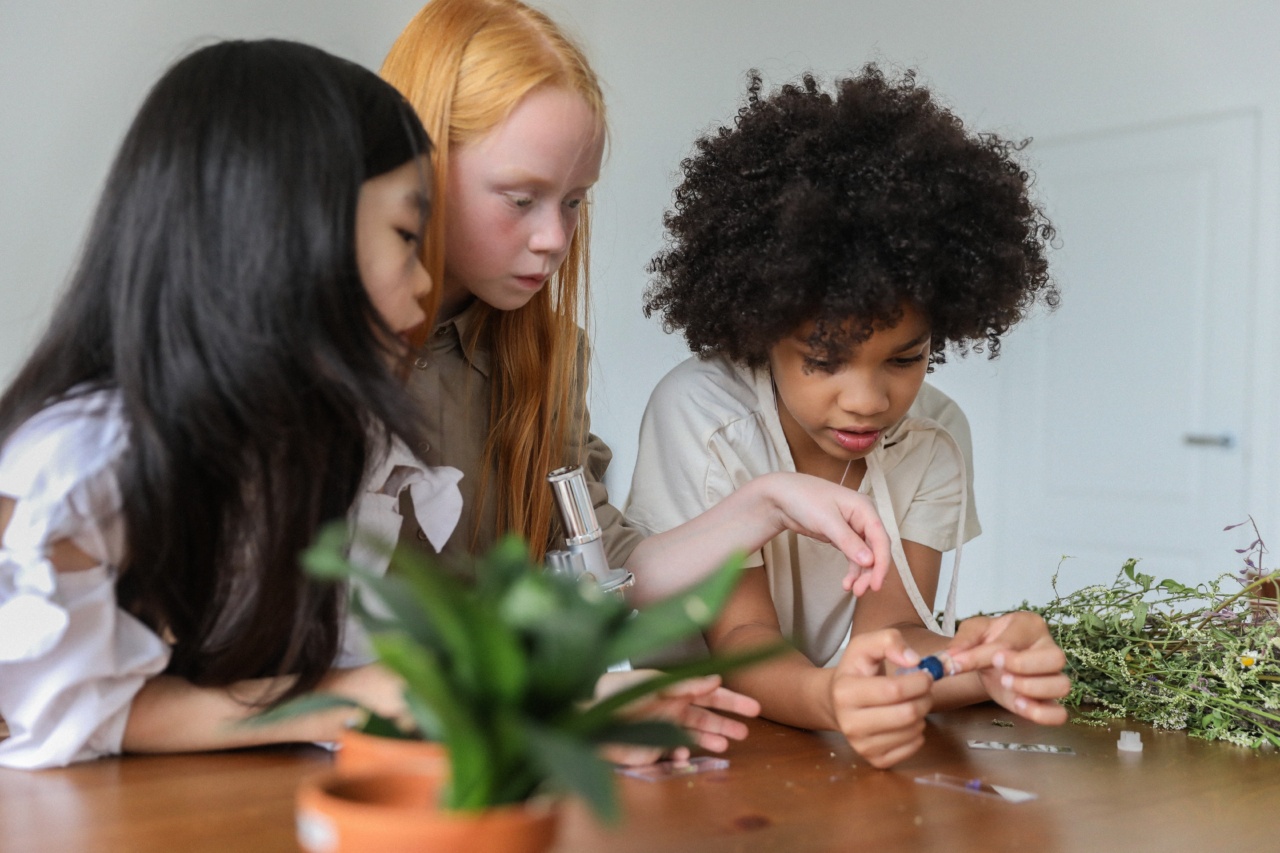Exploring the environment is a fundamental way through which children learn and develop essential skills.
Whether it involves outdoor play or indoor activities, children engage with their surroundings to gain knowledge, practice skills, and make sense of the world. This article explores the various ways in which kids learn through exploring their environment and the benefits it brings to their overall development.
1. Sensory Development
One of the significant ways children learn through exploration is by engaging their senses. The environment offers a plethora of sensory experiences that contribute to children’s overall sensory development.
Through touching, smelling, seeing, hearing, and tasting, children gather information about the objects, people, and nature around them.
2. Cognitive Development
Exploring the environment fosters cognitive development in children. As they encounter different objects, animals, plants, and situations, they are challenged to think, reason, problem-solve, and make decisions.
This process stimulates their brain and enables the development of critical thinking skills, memory, attention span, and creativity.
3. Social and Emotional Development
Exploration of the environment facilitates social interactions and emotional development.
Children often explore with their peers or caregivers, allowing them to learn important social skills such as sharing, taking turns, cooperating, and communication. Additionally, the exploration of nature and different environments helps children develop a sense of wonder, curiosity, empathy, and resilience.
4. Language and Communication Skills
Through exploring their environment, children are exposed to a wide range of language and communication opportunities.
They learn new words, phrases, and concepts as they describe what they see, express their feelings, and engage in conversations with others. These language-rich experiences contribute to the development of vocabulary, grammar, comprehension, and expressive language skills.
5. Physical Development
Exploring the environment promotes physical development in children. Whether it is climbing, running, jumping, or balancing, children engage in various physical activities that enhance their gross and fine motor skills.
The exploration of different terrains, textures, and objects also helps improve coordination, spatial awareness, strength, and agility.
6. Problem-Solving and Decision-Making Skills
When children explore their environment, they encounter obstacles, puzzles, and situations that require problem-solving and decision-making.
By experimenting, trying different approaches, and making choices, children develop essential skills in analyzing, evaluating, and finding solutions to challenges they face. This enhances their critical thinking abilities and prepares them for future problem-solving scenarios.
7. Understanding Cause and Effect
Through exploring their environment, children learn about cause and effect relationships.
They observe the consequences of their actions, such as dropping an object or pouring water, and begin to understand how their behaviors can impact the world around them. This understanding helps develop logical thinking and provides a foundation for understanding scientific principles.
8. Appreciation of Nature and the Environment
When children explore the natural environment, they develop an appreciation for nature and all its elements. They observe plants, animals, and weather patterns, fostering a sense of wonder and respect for the Earth.
This can cultivate a lifelong love for nature, environmental stewardship, and a desire to protect and conserve the environment.
9. Cultivating Curiosity and a Love for Learning
Exploration of the environment stimulates children’s natural curiosity and instills a love for learning.
When children have the freedom to explore, they become active seekers of knowledge, constantly seeking new experiences, information, and understanding. This innate curiosity drives them to investigate, ask questions, and actively engage with their surroundings, leading to a lifelong passion for learning.
10. Enhanced Confidence and Independence
Through exploring their environment, children gain confidence in their abilities and become more independent.
As they navigate new surroundings, overcome challenges, and acquire new skills, they develop a sense of self-efficacy and belief in their capabilities. This confidence and independence extend beyond exploration and positively impact various aspects of their lives.






























